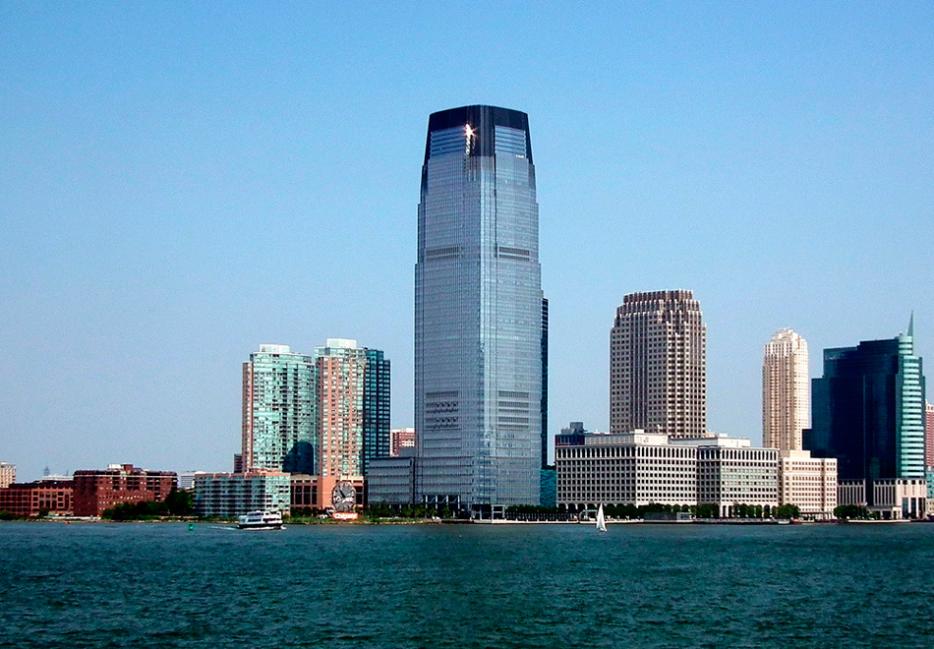Goldman Sachs has discovered a new innovation in warehousing and distributing aluminum: warehousing and not distributing aluminum. Goldman, which Matt Taibbi once described as “a great vampire squid wrapped around the face of humanity,” bought a network of warehouses in Detroit a few years back, and ever since it’s excelled at shuffling aluminum around, moving it anywhere except onto the open market. The result? The premium on the spot price of aluminum has doubled since 2010.
The additional costs per unit of aluminum are small—less than a fraction of a cent per pop can—but with so much of the stuff moving through the system (or, in Goldman’s case, not) the overall profit-taking is counted in the billions. Some economics bloggers were incredulous at the New York Times’ reporting when it came out yesterday, wondering how the scam could even work, since it amounts to Goldman deliberately and consistently giving laughably bad customer service.
They really shouldn’t have wondered—squint hard and you’ll see the same game that Enron played in California’s electricity markets at the beginning of the last decade. Enron knew what Goldman knows: that if you have a tight enough market for a product, taking some of it out of the market can drive up prices by more than what you lose by not selling. You add to the fact that it’s still an actual warehousing business, where Goldman gets paid rent for the aluminum it’s storing, and it’s a pretty sweet deal.
It’s an example of what Paul Krugman once called the financial market’s inability to actually add value these days. Indeed, Goldman is actually subtracting value, making it harder and more expensive to put pop and beer in aluminum cans, a technology we more or less mastered in the 1950s. (But behold: innovations!) Others have argued that there’s been no real socially useful innovation out of the financial industry since the invention of the credit card—also in the 1950s.
What we’ve seen instead is the fall of regulations and the rise of massive firms devoted to exploiting their privileged place in the market, of which Goldman is just one example. Visa and Mastercard have spent years keeping merchants from passing the added cost of credit card charges on to customers, which Canada’s competition bureau may slap them on the wrist for. In the non-financial world, Telus in Canada is making threats about challenging the CRTC if it continues its nasty habit of actually trying to let small players compete in the telecom market.
There are, if you look for them, firms out there that are legitimately building new things and trying to make a buck while making the world a better, or at least different, place. Apple and Google are hardly angels in their respective spheres, but they’ve undoubtedly changed the world. Our national politics, however, are mostly about the consequences of the few largest firms that sit on glittering pedestals, dictating the terms of the market from on high.
Meanwhile, in Detroit, a city that was one of the industrial titans that defined what a successful America looked like, Goldman is paying people to drive stacks of aluminum in circles. It’s always important not to give in to nostalgia—Henry Ford was, of course, a vicious anti-semite, lauded by the Nazis—but there are days where it seems like nobody knows what capitalism is even supposed to do anymore.
--
Find Hazlitt on Facebook / Follow us on Twitter
Photo of the Goldman Sachs tower by Erik Drost via Flickr






